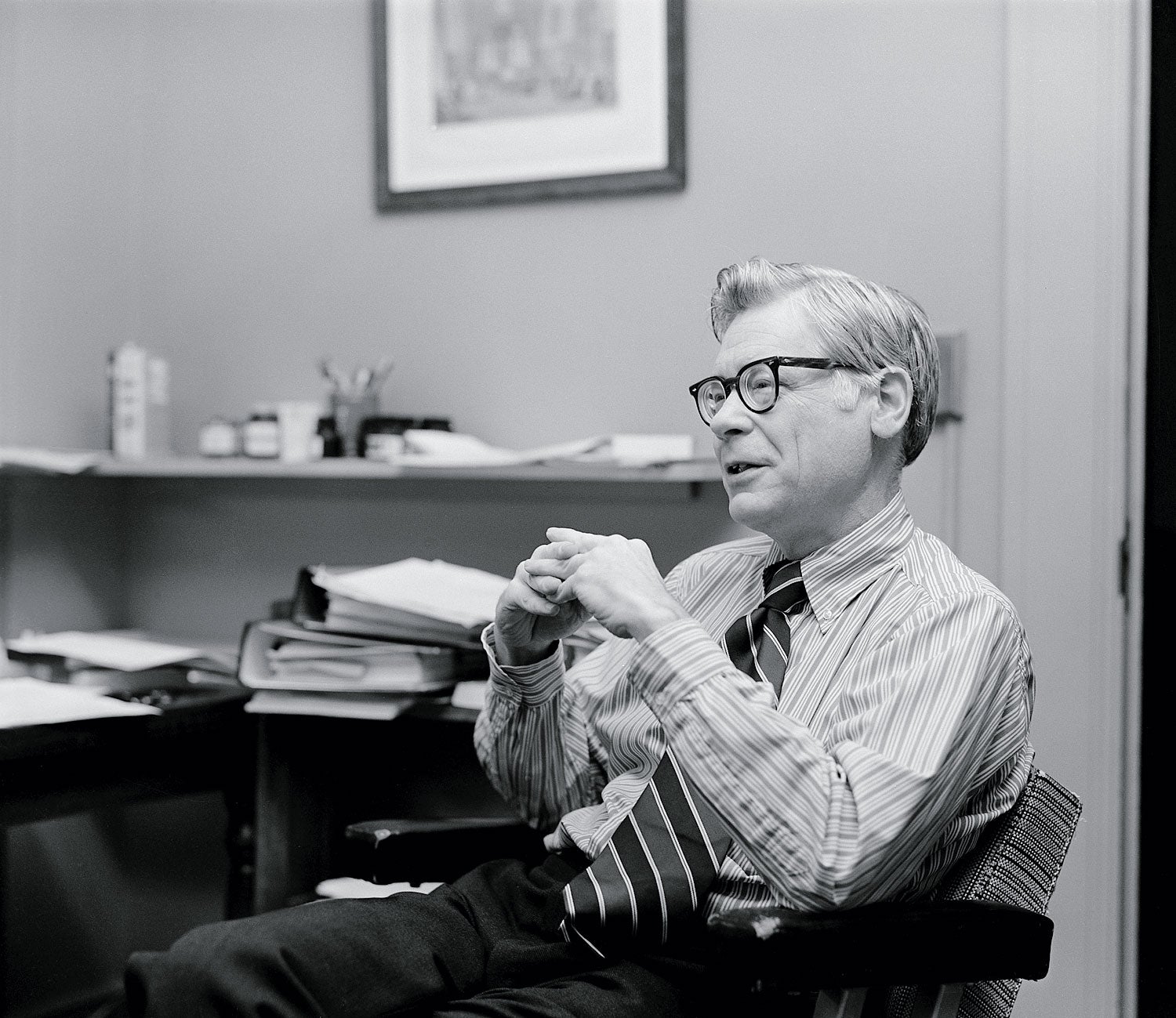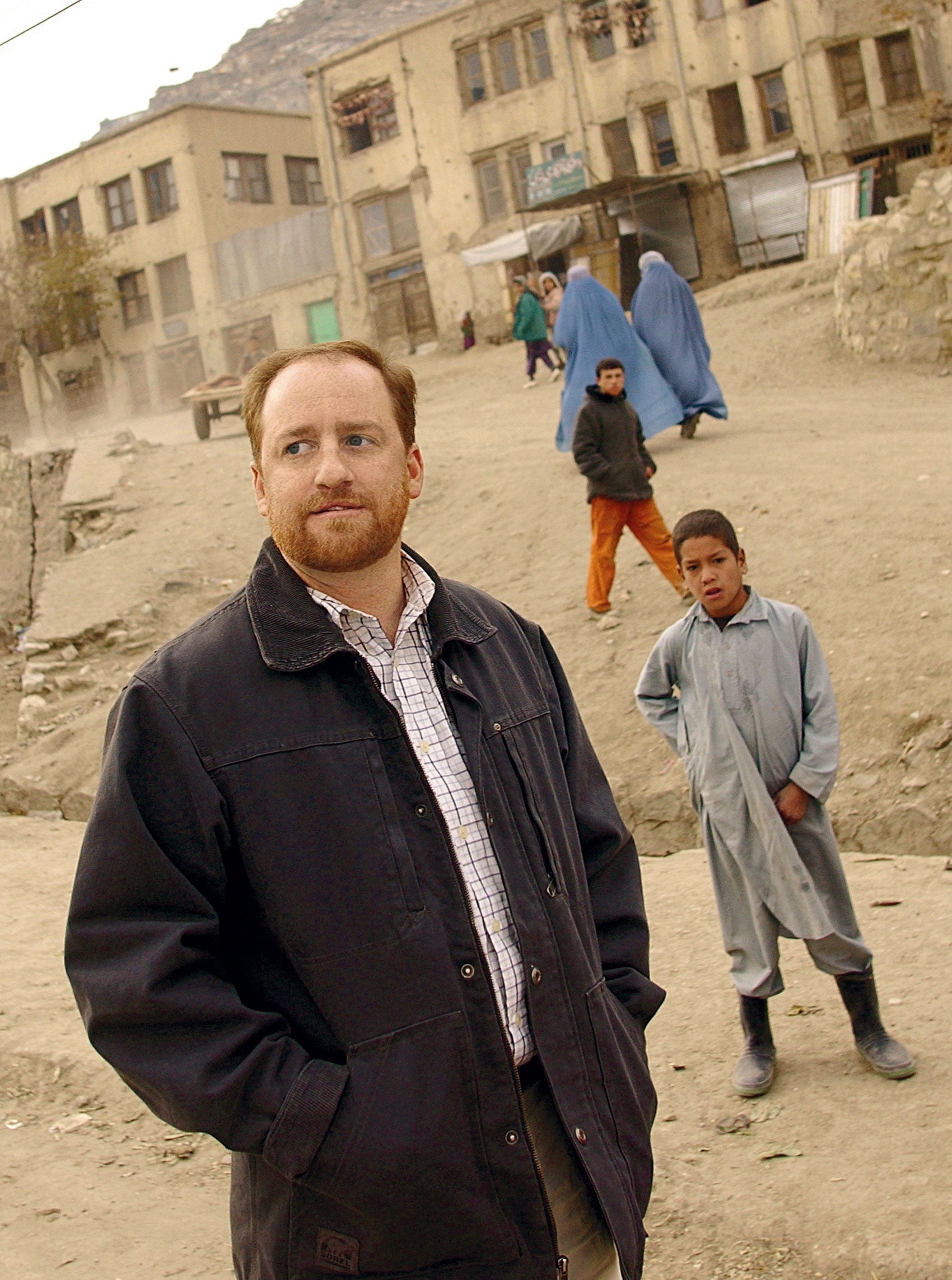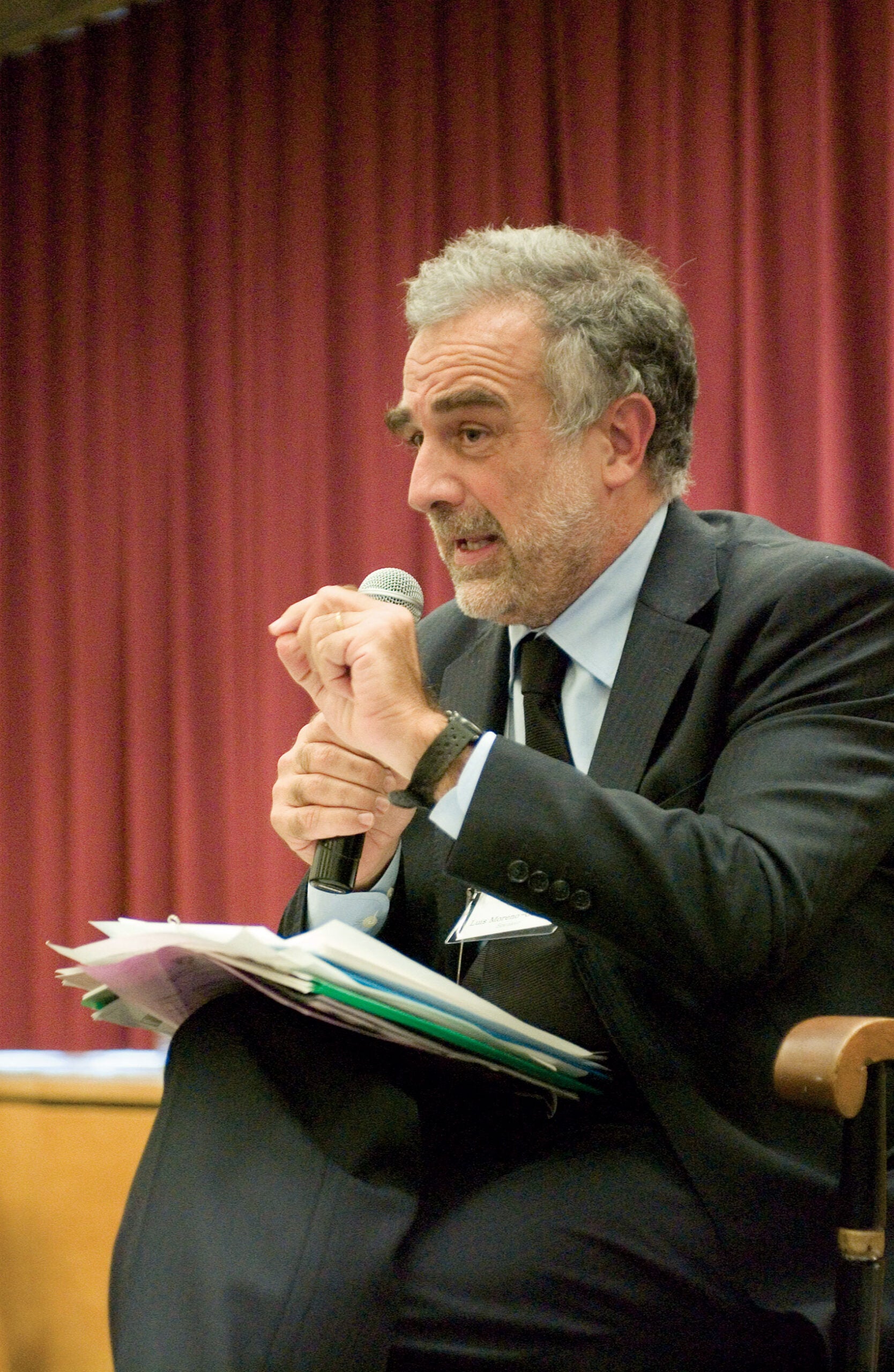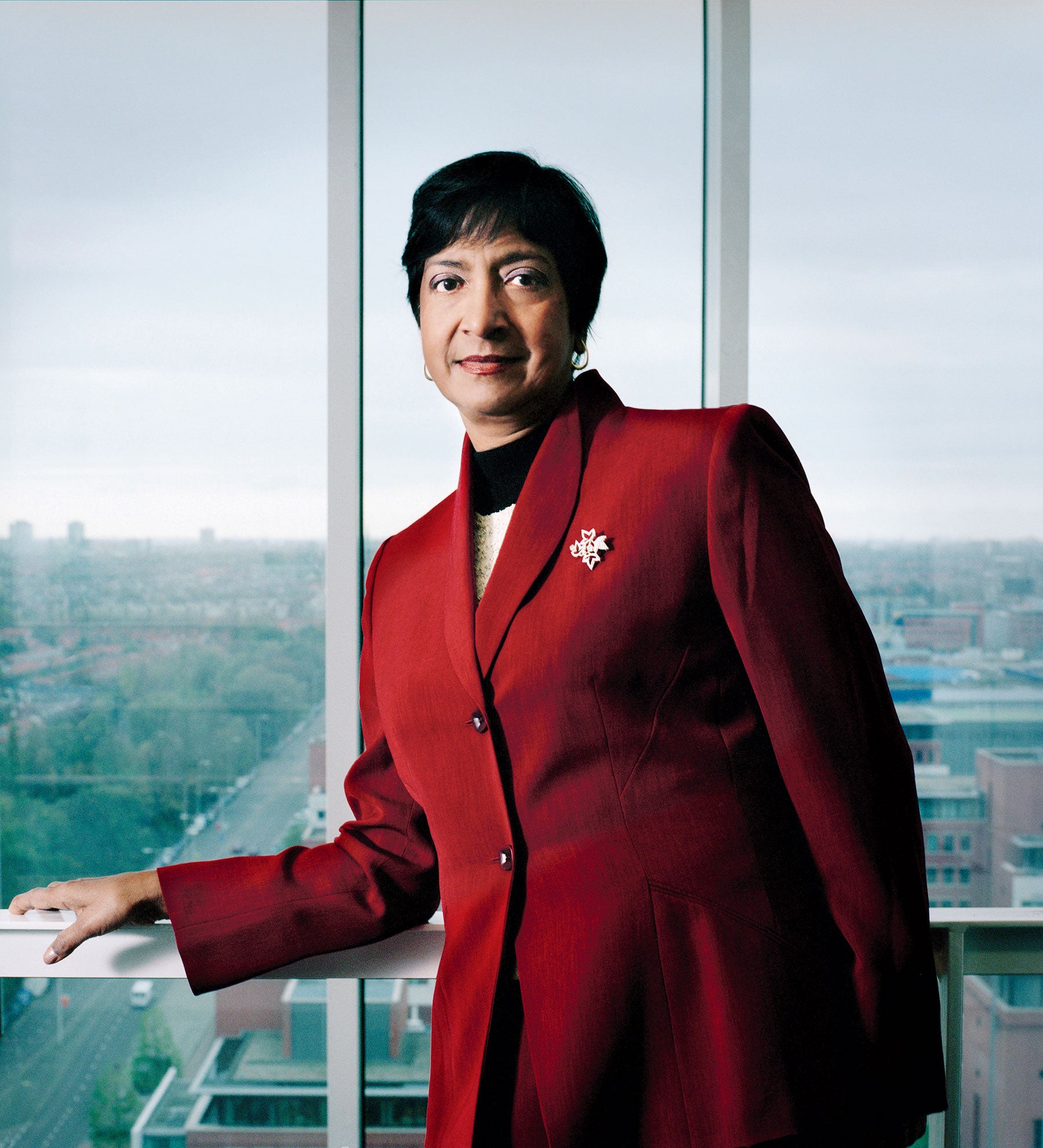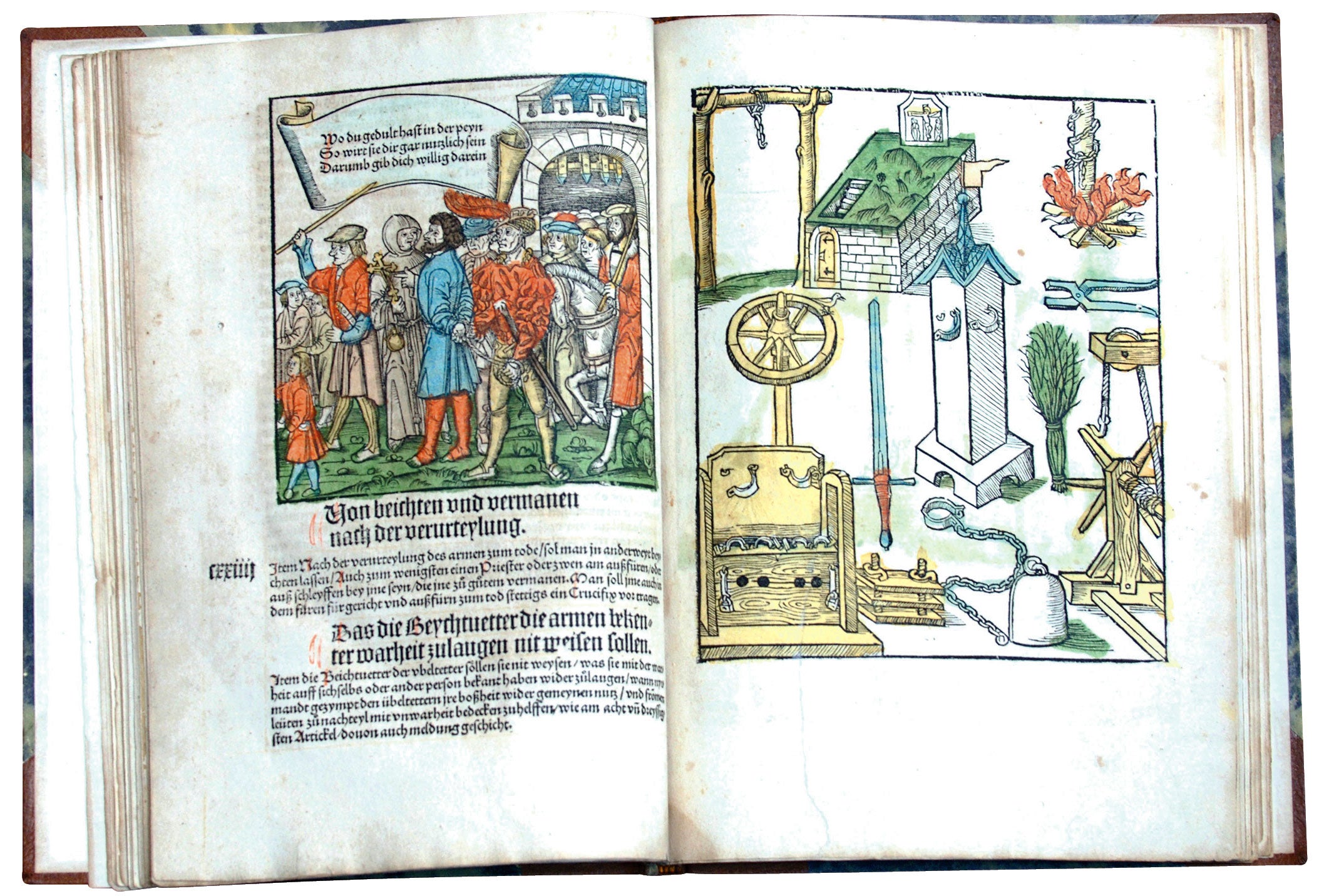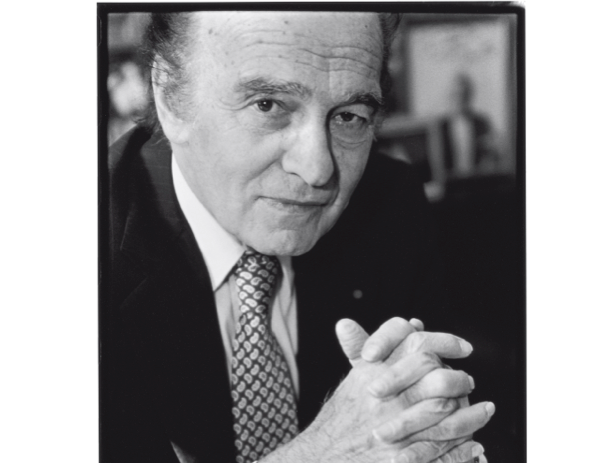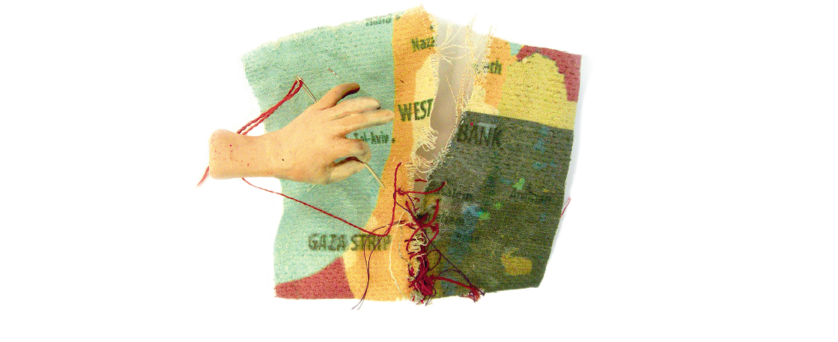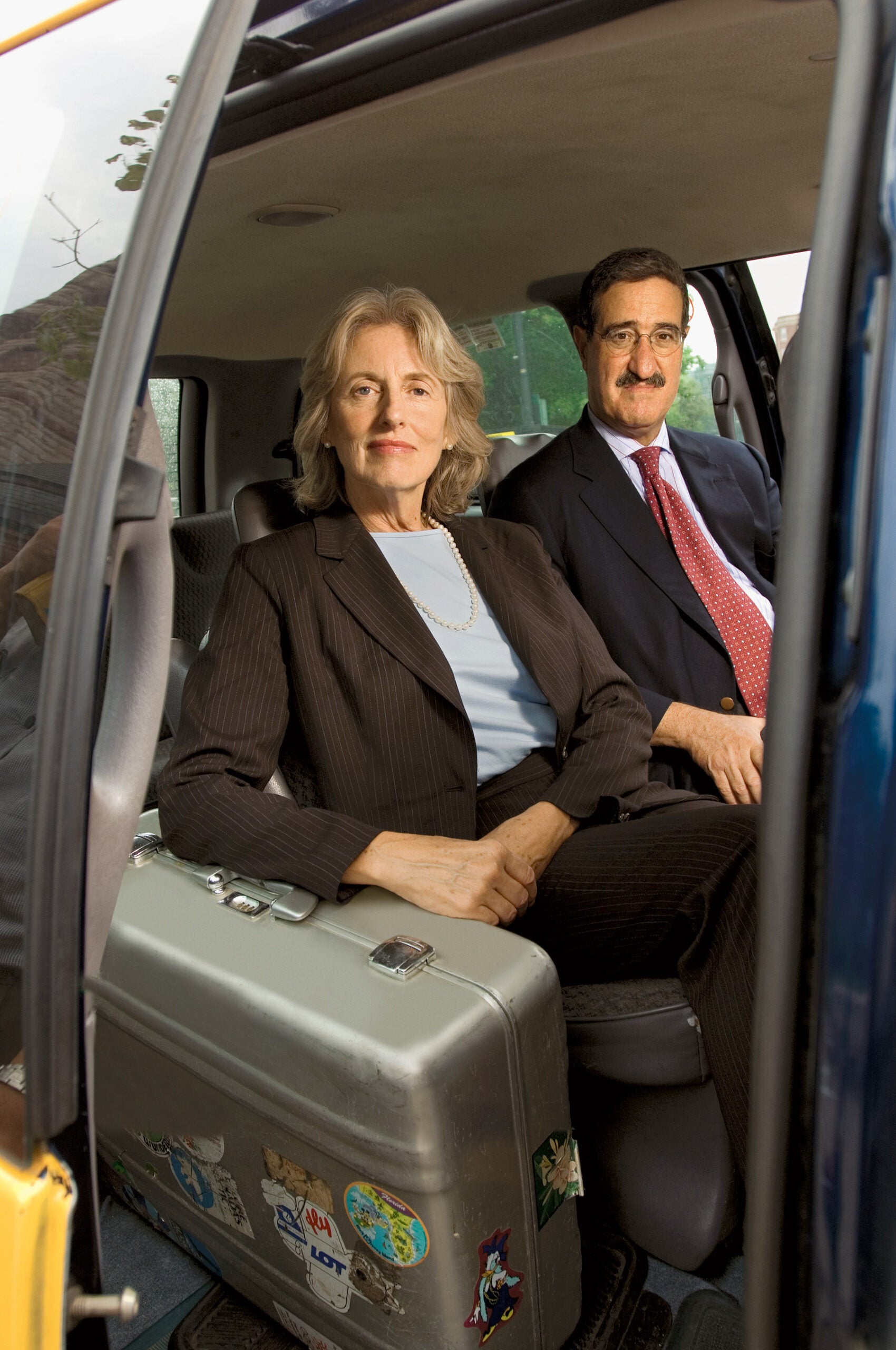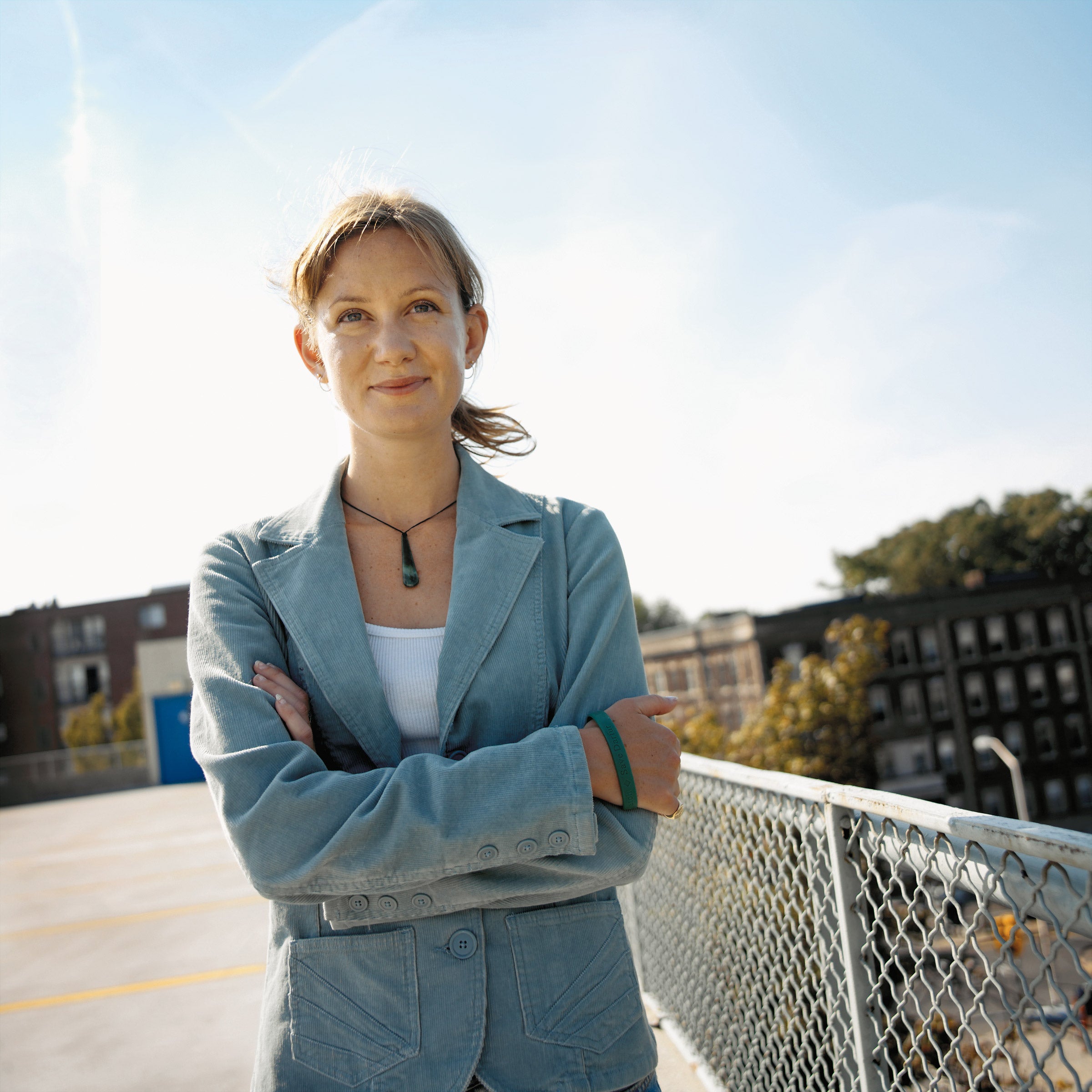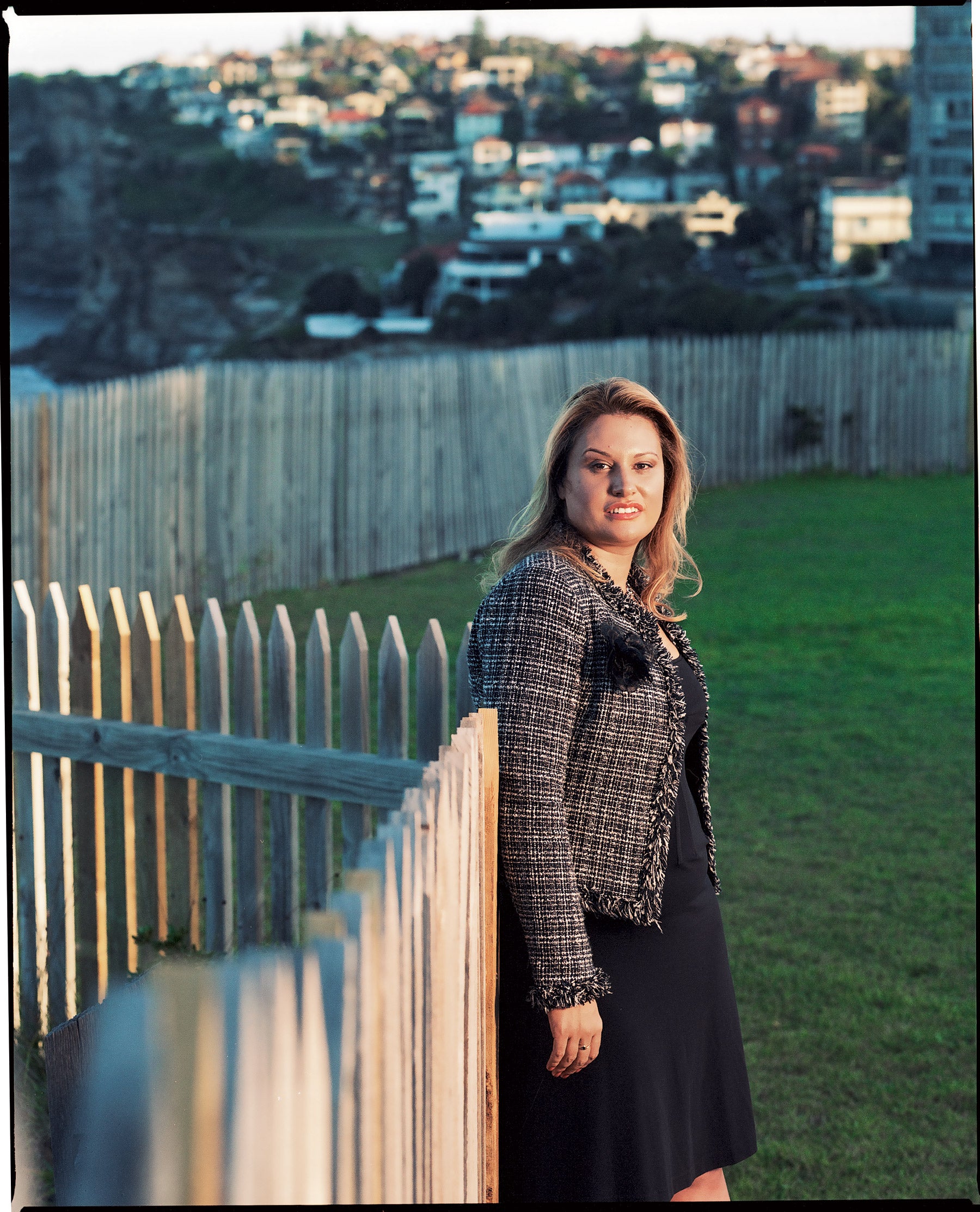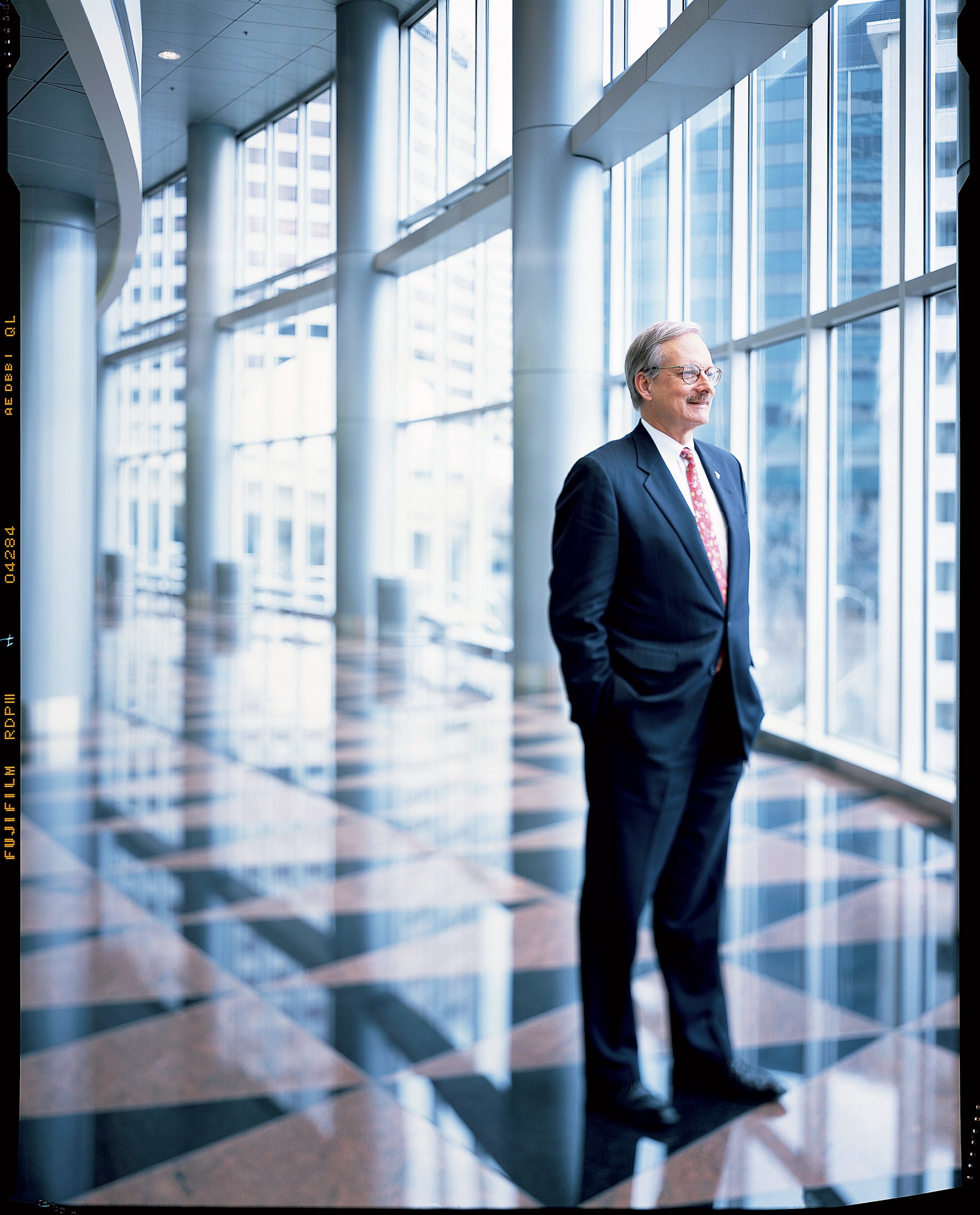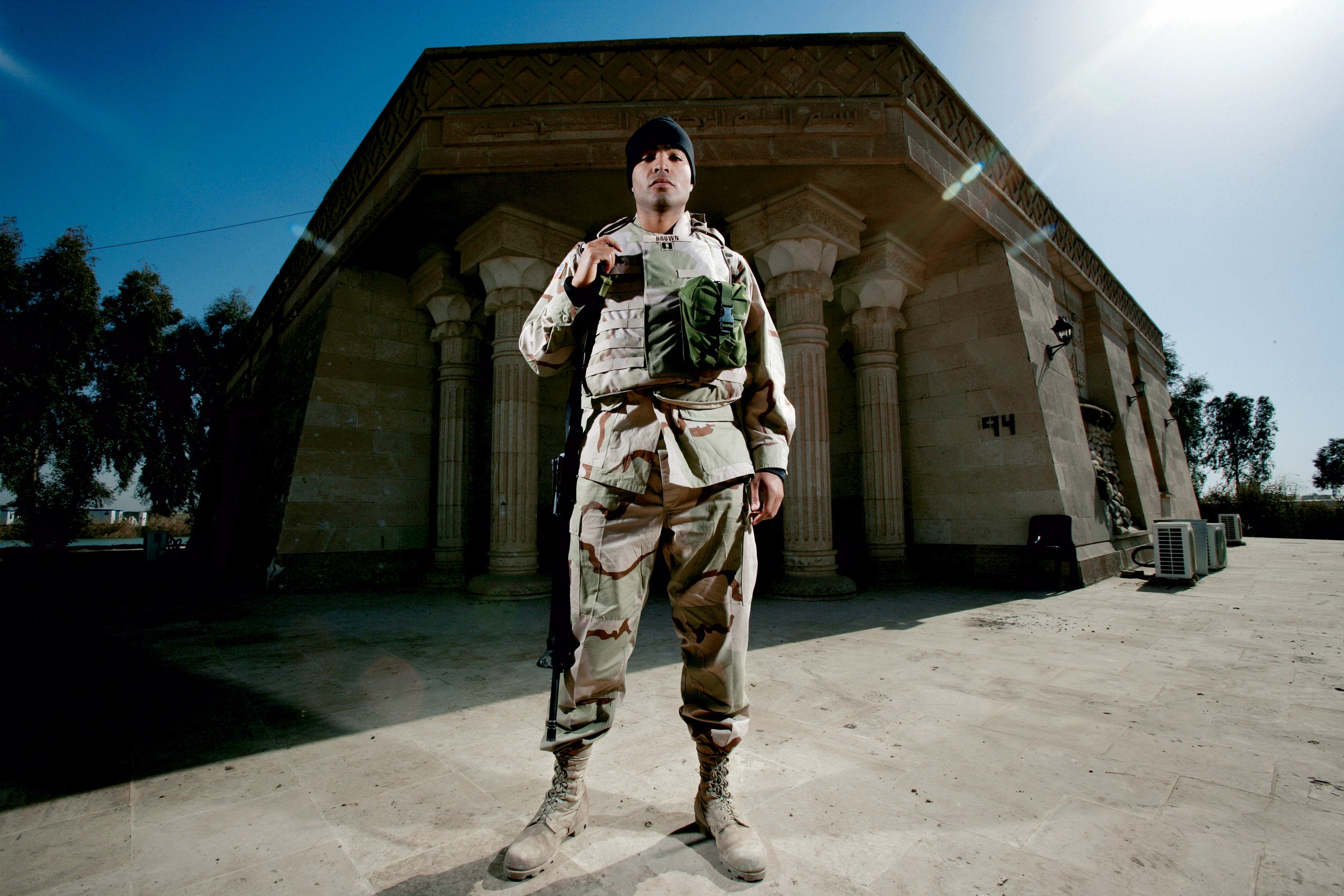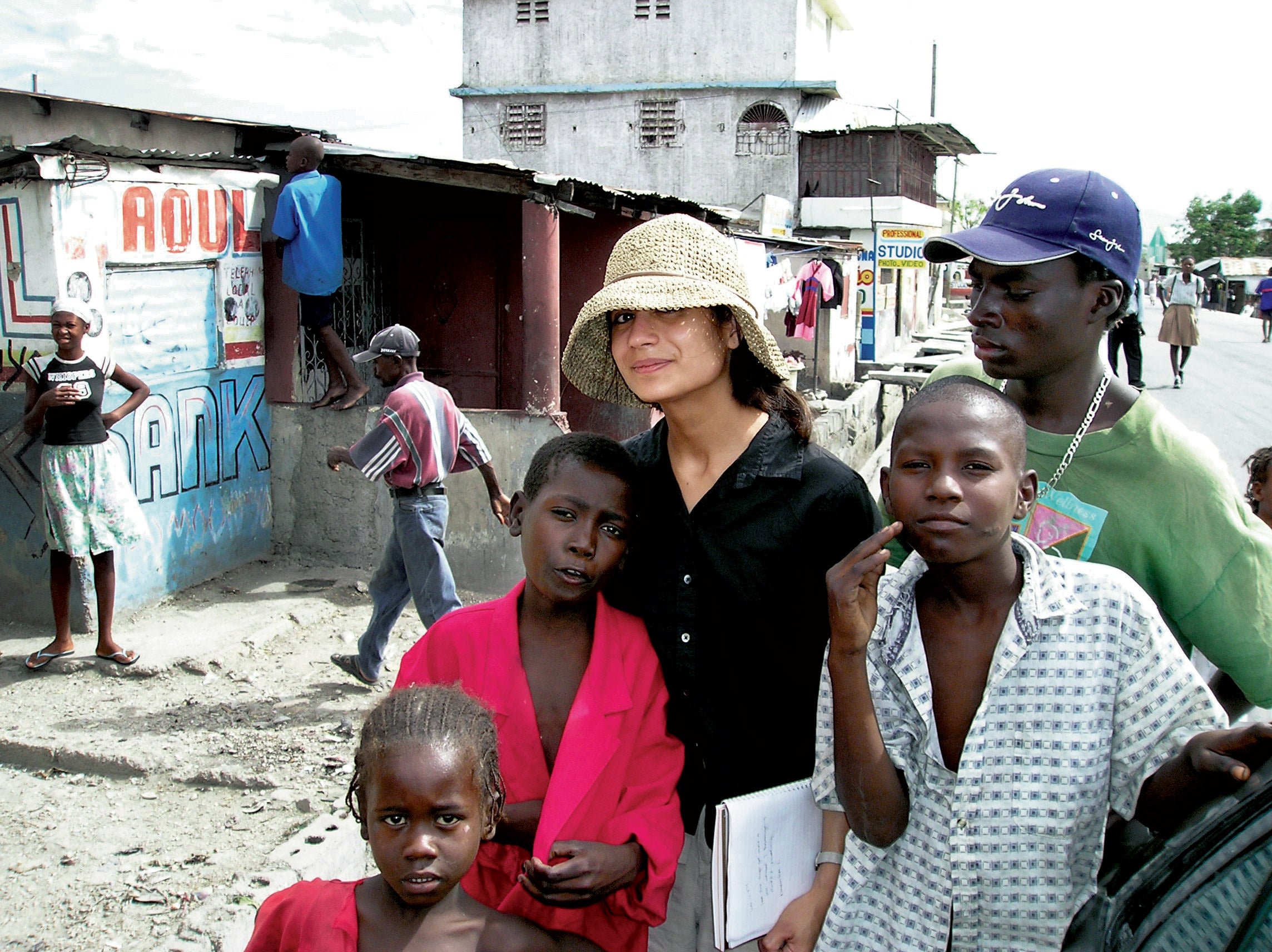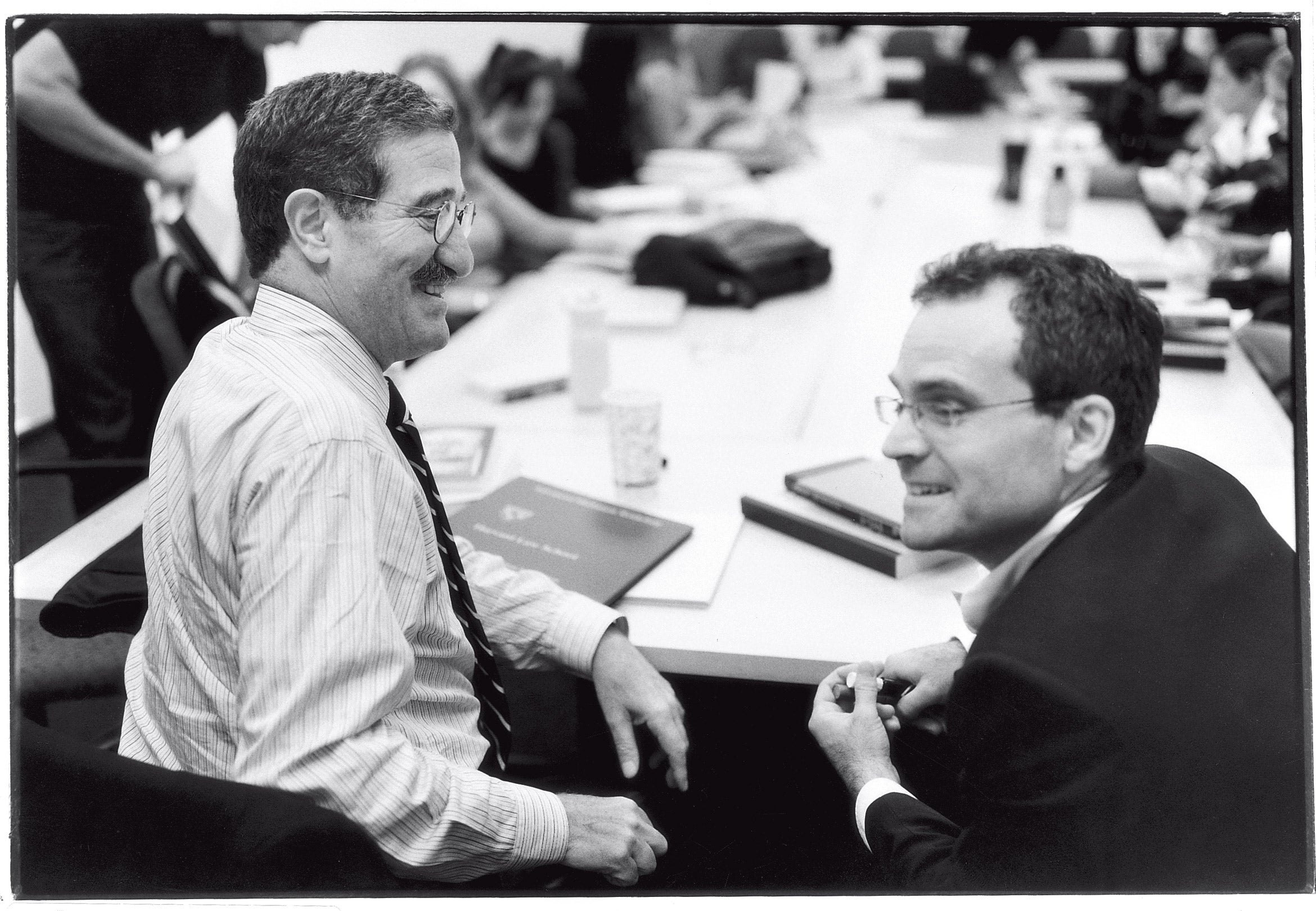Topics
International
-
Professor Glendon on ‘Principled Immigration’
May 25, 2006
The following essay by Professor Glendon was published in the June/July issue of First Things: Not for the first time, the world finds itself in an age of great movements of peoples. And once again, the United States is confronted with the challenge of absorbing large numbers of newcomers. There are approximately 200 million migrants and refugees worldwide, triple the number estimated by the UN only seventeen years ago.
-
Arthur T. von Mehren, 1922-2006
April 23, 2006
A comparative scholar beyond compare Professor Arthur T. von Mehren ’45, a world-renowned scholar in international and comparative law whose work influenced generations of lawyers…
-
Cable from Kabul
April 23, 2006
Scott Worden '00 tackled legal challenges in historic elections in Afghanistan
-
International criminal justice–at home and abroad
April 23, 2006
HLS students learn the lessons of Nuremberg in Cambridge, Arusha and The Hague.
-
The bus driver’s daughter
April 23, 2006
When Navi Pillay LL.M. '82 S.J.D. '88 was growing up in South Africa, there was no international court in which apartheid could be prosecuted as a crime against humanity. Now there is--and she's on it.
-
BEFORE NUREMBERG…
Included in a recent HLS library exhibit, these illustrations from a 16th-century book show instruments of torture and a criminal on the way… -
Professor Dershowitz forecasts on Alito as a justice
January 13, 2006
The following essay by Professor Alan Dershowitz, What Kind Of Justice Will Alito Be?, appeared in Forbes on January 13, 2006: Almost all justices vote almost all of the time in accordance with their own personal, political and religious views. That is the reality, especially on the Supreme Court, where precedent is not as binding, and where cases are less determined by specific facts than by broad principles.
-
Professor Glendon examines the Court’s use of foreign law
September 16, 2005
Professor Mary Ann Glendon writes: At first glance, it is hard to see why these side-glances at what other countries do have provoked such alarm. True, the references have increased somewhat, but they remain rare, and no one suggests that the court has directly based any of its interpretations of the Constitution on foreign authority.
-
Op-ed by Professor Alan Dershowitz: Lasting peace in the Middle East?
September 9, 2005
The following op-ed by Professor Alan Dershowitz, This time, peace may be real thing, originally appeared in the Chicago Tribune on September 9, 2005: There have been many false starts in establishing a two-state solution to the Arab-Palestinian-Israeli conflict, but this time all the basic elements appear to be in place.
-
Blood and Hope: Samuel Pisar’s triumph of the spirit
September 1, 2005
As a renowned international attorney and a Holocaust survivor, Samuel Pisar LL.M. '55 S.J.D. '59 has experienced mankind's capacity for genius and madness. His survival was a triumph of human spirit. His advocacy for peaceful coexistence is a message from one who has lived through hell on earth.
-
Mission impossible?
September 1, 2005
Harvard-trained negotiators are working hard on both sides of the Israeli-Palestinian dispute, in which everyone seems to know where they want to go but no one knows quite how to get there.
-
Online and on the road
September 1, 2005
A quarter-century after "Getting to Yes," Harvard's Program on Negotiation is refining the art and sharing it with the world.
-
Tribute: Henry Steiner and Detlev Vagts
September 1, 2005
When Henry Steiner '55 and Detlev Vagts '51 published the first edition of "Transnational Legal Problems" in 1968, the collaboration marked a milestone in the field of international law.
-
Faculty Pro Bono, Four Takes
September 1, 2005
When Professor Elizabeth Bartholet ’65 spoke at a conference on international adoption in Guatemala City early this year, she addressed a room full of activists, lawyers and politicians. But at the heart of her speech, and her pro bono advocacy, are children–living in institutions or foster care around the world.
-
Not on Her Watch: Rebecca Hamilton ’07 works to stop genocide now
September 1, 2005
Few students admitted to Harvard Law School question whether they should build roads instead. But when Rebecca Hamilton '07 spent the summer of 2004 in Sudan trying to help thousands of displaced people get home, she found herself longing for such concrete solutions for the war-torn country.
-
Family Matters
July 1, 2005
Through literature and law, Larissa Behrendt LL.M. '94 S.J.D. '98 speaks for aboriginal rights.
-
Putting together the pieces
July 1, 2005
After her people were slaughtered by neighbors, Geraldine Umugwaneza LL.M. '05 knows that forgiveness is elusive, but she is determined to help Rwanda move forward.
-
Government Startup
April 1, 2005
Paul V. Applegarth J.D./M.B.A. '74 runs a government corporation with a new approach to foreign aid.
-
Letter from Baghdad
April 1, 2005
Nick Brown '02 gained fame as a contestant on the reality show "Survivor." Today his reality is the Green Zone in Baghdad, where he carries a laptop and a rifle as a U.S. Army JAG officer.
-
Gateway to a better world
April 1, 2005
Expanded program helps Harvard lawyers advance human rights abroad.
-
The Other Side of the Story
September 1, 2004
On a day when Israeli and Palestinian forces clashed in Gaza and negotiations in the region were at a standstill, a group of Harvard Law students in a classroom half a world away examined some of the challenges that have made the negotiation process so difficult in the Middle East and other lands torn by ethnic and religious strife.

